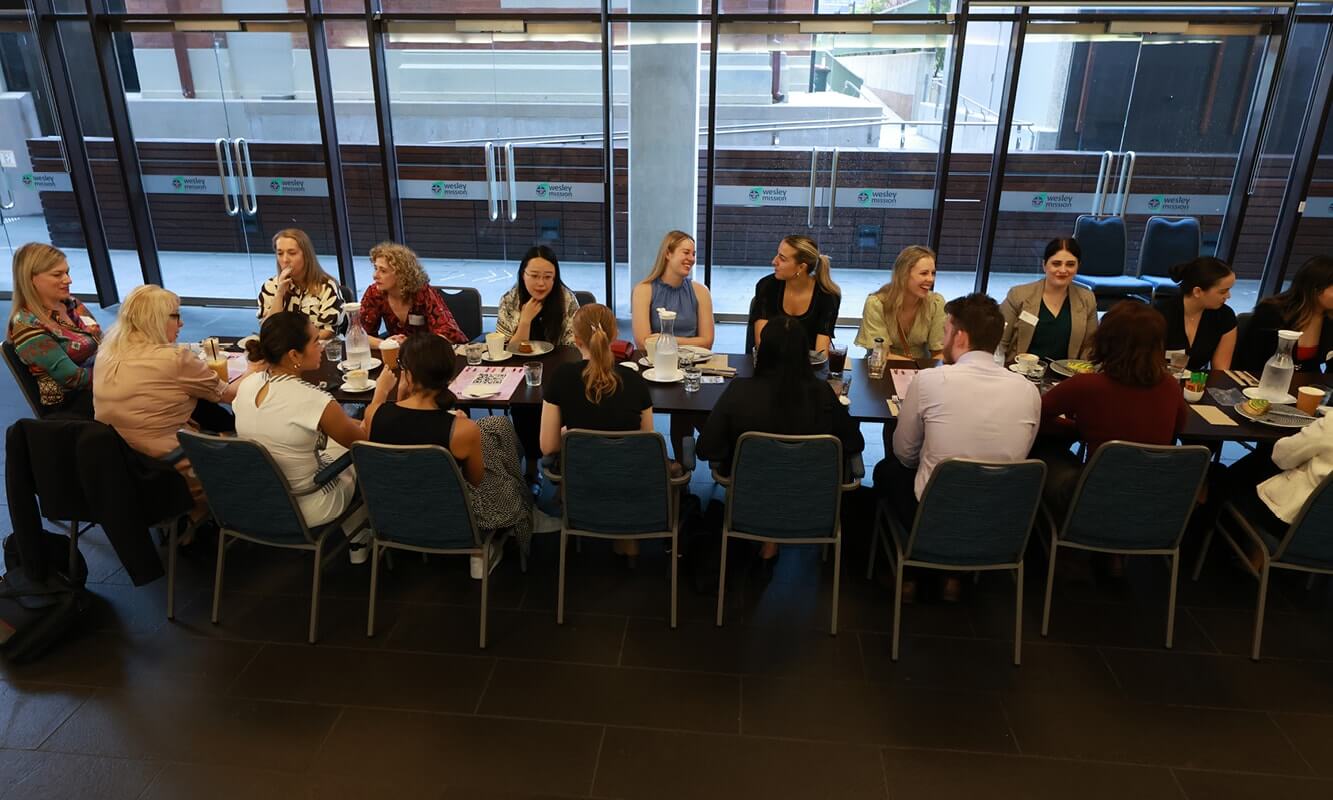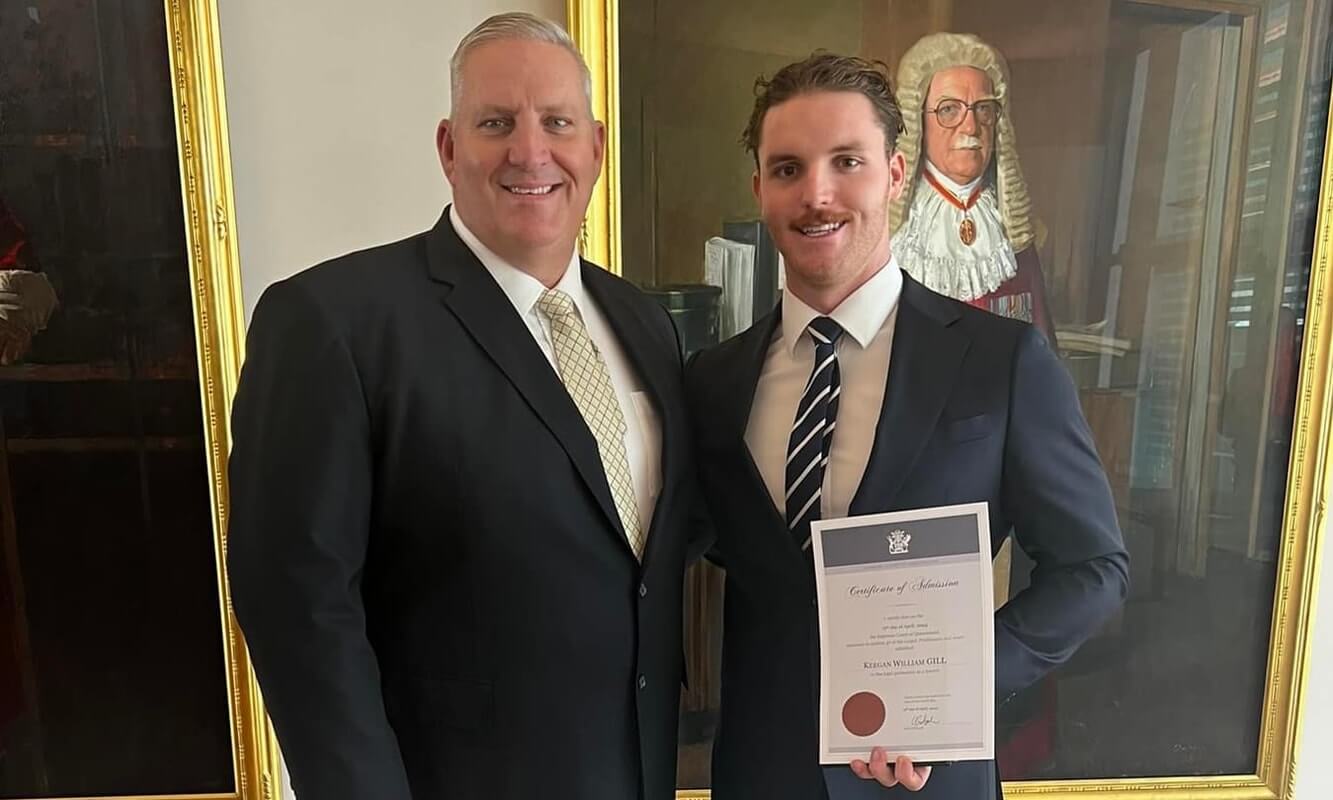Queensland Law Society is seeking changes to migration law to better protect dependent temporary visa holders experiencing domestic and family violence.
Family violence provisions under the Migration Regulations 1994 (Cth) (the regulations) were introduced to avoid the situation where visa applicants and holders are compelled to remain in violent relationships for migration reasons.
Although accessing these provisions involves a range of complexities and difficulties, the family violence provisions allow applicants or holders of temporary partner visas and distinguished talent visa applicants to access permanent residency if they can demonstrate that the relationship was genuine, that family violence occurred, and that the violence occurred during the course of the relationship.1
In contrast, dependent temporary visa holders, such as international students or skilled workers, cannot access the family violence provisions. As a requirement of the visa, the visa holder must remain in a relationship with their partner who holds the primary visa. These visa holders face the difficult decision of either remaining in a violent relationship or foregoing permanent residency.
QLS, which has been working with the Law Council of Australia on this issue, advocates for the family violence provisions be expanded to provide a pathway to permanent residency for those who have applied for permanent residency as dependents.
‘Evidence’ of family violence
To be eligible for the grant of a permanent visa under the current family violence exceptions, the applicant must provide evidence that the family violence occurred. This may be either through ‘judicially determined’ evidence such as an injunction, court order or conviction, or ‘non-judicially determined’ evidence, which includes either a joint undertaking made in court in relation to proceedings or a statutory declaration outlining the nature of the violence plus two items of evidence outlined in Legislative Instrument 12/116.
If an applicant provides evidence in line with the ‘non-judicially determined’ requirements and the decision-maker is not satisfied that the applicant suffered family violence, the decision-maker must seek the opinion of an independent expert as to whether the applicant has suffered family violence.2
The items of evidence include reports issued by medical practitioners, police, welfare agencies, crisis centres or a statutory declaration by psychologists, social workers, family consultants or school counsellors or principals.
Survivors of extreme forms of family violence have not been able to meet the evidentiary requirements, despite being genuine victims of family violence. This may be a result of language barriers, fear of authorities, or inability to access or afford medical assistance or legal advice.
QLS supports amendments to the regulations which provide for the power for a decision-maker to refer an applicant to an independent expert when the documentary evidence has not been provided in strict compliance with the legislative instrument, and when the decision-maker is satisfied that there are compelling and compassionate circumstances that warrant the referral to an independent expert.
New temporary visa
QLS proposes that a new temporary visa be available for temporary visa holders who have not lodged permanent residence applications, but who have experienced family violence and therefore:
- are unable to comply with their current visa conditions, or
- are at risk of, or have had, their visas cancelled.
The creation of a new temporary visa category would allow dependent temporary visa holders experiencing domestic and family violence to remain in Australia for a minimum of one year or longer to access and consider legal advice, including other possible visa options.
The availability of a further visa option for victims of domestic and family violence would limit the use of migration status as a means to coerce and control.
The visa would allow dependent visa holders to take control of their own visa status and migration pathway, and addresses the dangerous power imbalance that exists between primary and dependent visa holders.
Importantly, the visa would allow victims of domestic and family violence time to secure their own and their family members’ safety and seek the support they need. Work and study rights would attach to the visa and holders would be entitled to Medicare benefits. The visa would not create a guaranteed pathway to permanent residency but would allow holders to apply for any further onshore visas they might be eligible to obtain.
The efficacy of this visa is dependent on it being accessible and this requires recognition that people fleeing relationships characterised by violence may not have access to documents commonly used to evidence strict visa criteria. This reality must be taken into account in developing eligibility criteria so that visa extensions are readily available to those who need them.
Taya Hunt is a member of the QLS Domestic and Family Violence Committee and Natalie De Campo is a QLS Senior Policy Solicitor.
Footnotes
1 The regulations, Division 1.5.
2 Ibid, reg 1.23(10).













Share this article